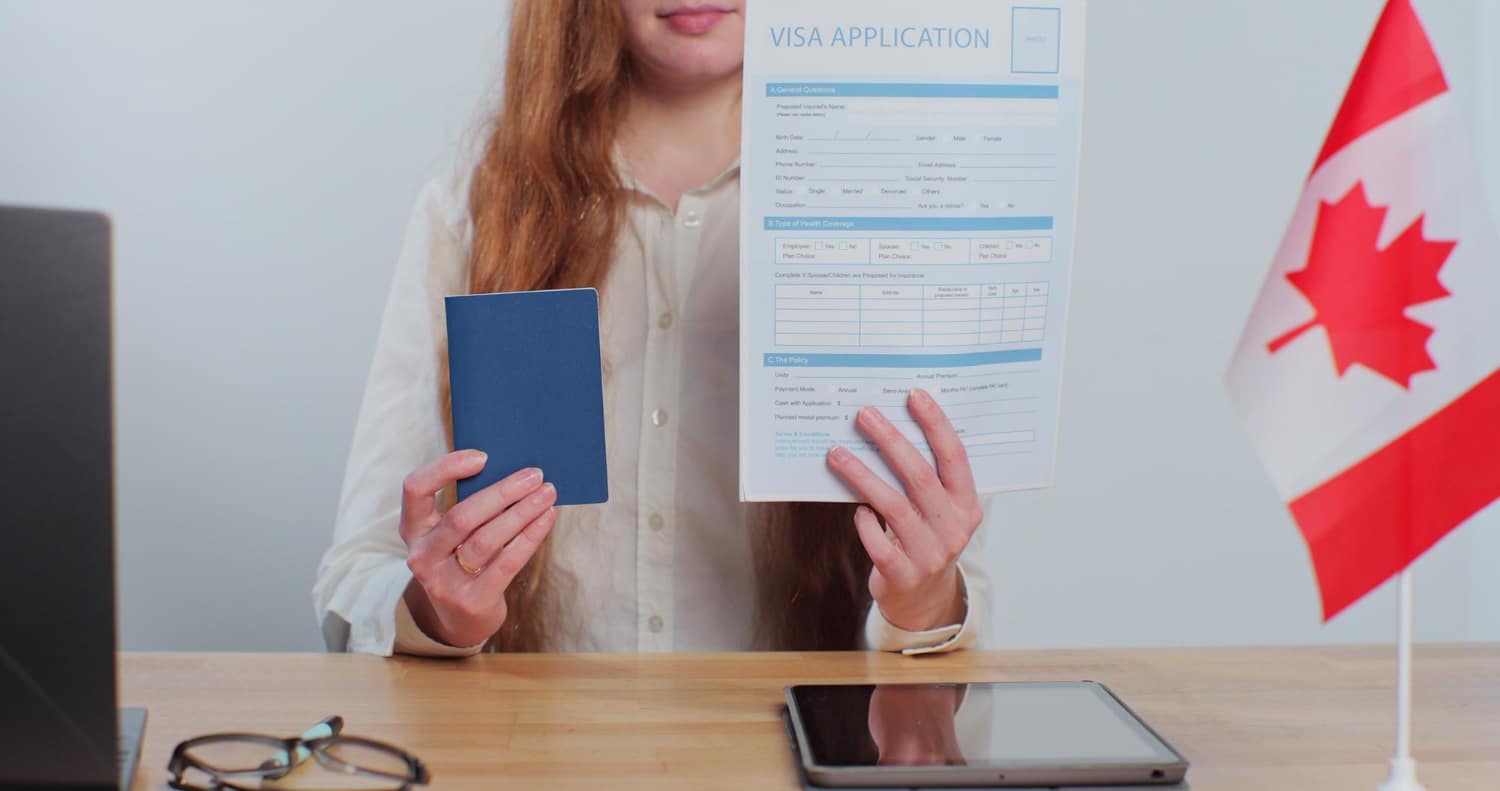
Obtaining a Canadian citizenship certificate is an important step for anyone who needs to prove their citizenship in Canada. Whether applying for a passport, enrolling in school, or establishing legal status, this certificate serves as undeniable proof of being a Canadian citizen. For many, the certificate is essential to accessing various rights and services.
Understanding the Canadian Citizenship Certificate
A Canadian citizenship certificate is an official document issued by the federal government that confirms a person’s status as a Canadian citizen. It is a vital piece of identification for those who need to prove their citizenship for various purposes, such as applying for a Canadian passport, accessing social services, or enrolling in schools. Essentially, this certificate acts as an anchor for numerous legal and official matters within Canada.
Anyone born outside of Canada to Canadian parents or those who become citizens through naturalization often requires this certificate. It’s especially critical for individuals when circumstances require formal proof of citizenship to validate personal status, like resolving immigration issues or legal proceedings regarding citizenship rights.
Moreover, situations may arise where individuals need to provide concrete evidence of their citizenship, such as employment opportunities requiring Canadian citizenship or when dealing with government agencies. For example, if someone is applying for citizenship through lineage, like from a Canadian grandparent, the certificate becomes indispensable. Having this document ensures that one’s legal standing is clear and undisputed during various life events, making it an essential aspect of Canadian identity.
Eligibility Requirements for a Canadian Citizenship Certificate
Before applying for a Canadian citizenship certificate, it’s vital to verify that you meet specific eligibility requirements. Generally, individuals eligible include those born in Canada, or those born outside Canada to at least one Canadian parent. This also extends to individuals who have been granted citizenship through naturalization.
Applicants need to provide evidence that they qualify under one of the pathways to citizenship. For those born outside Canada, demonstrating that your parent was a Canadian citizen at the time of your birth is crucial. This often involves presenting your parent’s birth certificate or citizenship certificate. For individuals claiming citizenship through descent, documents supporting the familial connection, such as a birth certificate, are required.
Eligibility also covers preventing fraud, where additional documentation might be requested to verify the authenticity of claims, such as previous citizenship renunciations or immigration status changes. Therefore, meeting eligibility requirements involves providing comprehensive documentation that confirms citizenship claims, ensuring the process goes smoothly and meets all government regulatory standards. This step is pivotal to avoid unnecessary delays and rejections during the application process.
Step-by-Step Guide to Applying for a Citizenship Certificate
Applying for a Canadian citizenship certificate can be straightforward if you follow the steps correctly. Here’s a guide to help you navigate the online application process efficiently.
1. Create an Online Account: Visit the Government of Canada’s immigration website and set up a secure online account. This account will be used to submit your application and track its progress.
2. Complete the Application Form: Fill out the online application form accurately. Ensure you answer all questions truthfully and provide detailed information as required.
3. Gather Required Documents: Prepare necessary documents, including copies of proof of citizenship, identity documents like a passport or birth certificate, and any relevant secondary evidence if needed.
4. Upload Documents: Scan and upload your documents to the online portal. Make sure all scans are clear and legible to avoid rejections due to poor image quality.
5. Pay the Fee: Submit your application fee through the online payment system. Keep the receipt for your records as proof of payment.
6. Submit the Application: Once everything is complete and reviewed, submit your application online. You will receive a confirmation number to track your application status.
Highlighting these steps ensures that your application is thorough and complies with all regulations, streamlining the process and reducing the potential for delays.
Common Challenges and How to Address Them
Applying for a citizenship certificate may come with its share of hurdles. However, knowing what to expect can prepare you for tackling these issues effectively.
Document Delays: Delays in receiving documents can slow down the process. Stay proactive by contacting institutions ahead of time to have all necessary paperwork ready when you begin your application.
Incomplete Forms: Applicants often forget to fill in sections of the form or upload all required documentation. Double-check your application details and make sure no critical information is missing before submission.
Identity Verification Issues: Sometimes, there are discrepancies in names or dates in legal documents. Verify all information on your IDs and certificates, and provide affidavit or legal documents explaining any inconsistencies when necessary.
Technical Difficulties: Encountering technical issues with the online portal can cause frustration. Regularly save progress as you fill out forms, ensuring nothing is lost if you need to log out and return later.
By anticipating common challenges, you can prepare adequately and reduce the likelihood of application rejections or processing delays.
Conclusion
Applying for a Canadian citizenship certificate is an essential process for many. Whether confirming your status, enabling travel or facilitating simple day-to-day tasks that require proof of citizenship, having this certificate can be invaluable. Understanding the whole process, from eligibility to submitting your application, helps in successfully acquiring this important document.
For those embarking on the journey to secure their Canadian citizenship certificate, seeking professional guidance can prove beneficial. At Doherty Fultz Immigration, we offer personalized support tailored to your unique circumstances. Whether you need assistance in preparing your application or navigating complex eligibility criteria, we are here to help. Connect with us to streamline your application process and get the expertise you need to secure your Canadian citizenship certificate.









